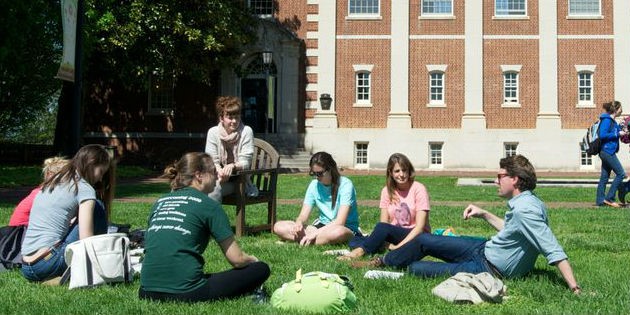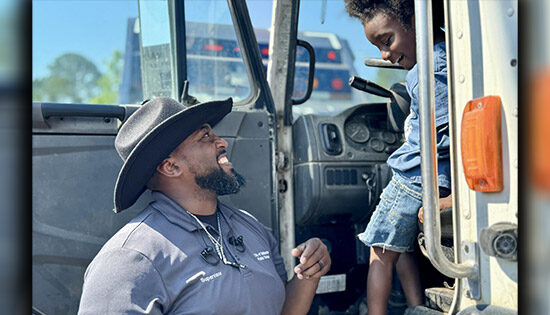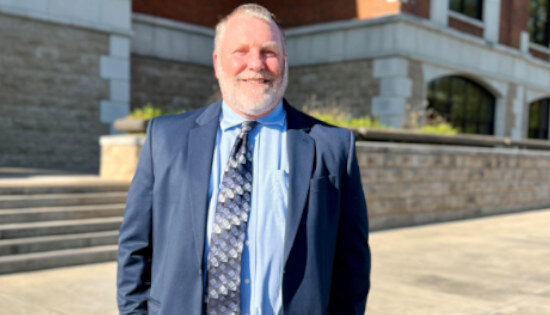As the Great Liberal Arts Bust Begins, What does it Say about the State of American Higher Education?
Nick Rudnik, Valdosta Today Opinion Contributor
The women’s liberal arts college: a relic from an age quite different from our own. Varnished in Mike Newell’s “Mona Lisa Smile” starring Julia Roberts, the 2003 film takes us to the austere and reactionary halls of midcentury Wellesley. The all-girls college paints an image of well-heeled debutantes as they await marriage into establishment, patrician families.
But this is a mischaracterization of the women’s liberal arts college. On March 3, James F. Jones, president of Sweet Briar College, a small, elite, private women’s college in rural Virginia, announced it was closing the institution at the conclusion of the spring term due to financial constraints. Sweet Briar is the first domino to fall in what will become a startling trend in American higher education.
The perfect storm, a small, rural, liberal arts college, on a sprawling, former plantation estate, bequeathed by a benefactor over a century ago stipulating the land be used solely for the education of women, only to be poorly managed in the first decade of the new century, represents inflexibility to capitulate to the demands of twenty-first century higher education.
Sweet Briar is an anachronism. Its single-sex, small class size model represents an age where professors pontificated from lecterns, adorning thick acetate eyeglasses and tweed blazers, scribbling exhortations across movable chalkboards, and distributing course supplements punched out by typists in the black-and-white clarity of a typewriter.
But the Sweet Briar closure begs the question: In a time of fundamental change in the academy, are students better off with a curriculum less grounded in the liberal arts and rooted in an ever-increasing emphasis in vocational learning?
The data doesn’t suggest so. In Academically Adrift: Limited Learning on College Campuses, sociologists Richard Arum and Josipa Roksa examine 2,300 students at 24 universities over four years. Their findings demonstrate that in today’s world of near-universal access to college, nearly one-third of students surveyed saw no improvement in critical thinking skills in four years of college.
Even more, half of students surveyed noted that they did not attend a single course in the previous semester requiring twenty pages or more of writing. In short, more students attend college, more colleges emphasize vocational and technical learning over the traditional liberal arts, and we find that students demonstrate lackluster critical thinking and writing skills. For this, it’s no surprise that critical thinking skills have regressed or, at best, become stagnant.
Ironically, when those in industry and higher education seek to develop a curriculum that underscores practical learning, they find students perform worse on standardized examinations of expected performance. This is because the liberal arts are indispensable as fields of inquiry. Indeed, art history, cultural anthropology, Latin, political and moral philosophy, the classics, theology, and much more are seemingly of little value to employers; though looks, so goes the old adage, can be deceiving. For when students are challenged to think for themselves, are forced to consider other perspectives, and are truly asked what it is to be human, they cross a frontier beyond their comfort zone, and they truly learn.
Few would deny accountancy, enterprise, engineering, hospitality, nursing, and many others are not central to our modern lives, but this practical training must be complimented with rigorous study in the liberal arts. If we merely train university students in numbers, profit margins, and spreadsheet tabulation, the university is no more. And our society is worse off for it.
As we continue to expand vocational and, also, distance learning we’ll continue to find students lack those skills so valued by employers. Reading Ovid in its original Latin or studying prehistoric art may seem like useless factoids to industry, but they’re simply two glimpses into the liberal arts. And these glimpses exemplify what a true liberal education imparts unto students: not a set of facts but an expanded, enlightened view of our world.
The liberal arts, with an emphasis on the wide breadth of the human condition, gives future industry leaders perspective, aside from the minutia of their chosen vocation’s program of study. It makes them both more adept critical thinkers and more proficient, cogent writers.
So Sweet Briar may be the first domino to fall; the first liberal arts college to close in what will likely be a growing and disconcerting trend. Perhaps the inadequacy is not in Sweet Briar but in us. Perhaps, with student performance ever-decreasing, what will become the great liberal arts bust is a sign of our devaluation of a true college education and all its trimmings. In a word, we’re not worthy. We’re not worthy of the high ideals for education inherent to places like Sweet Briar.
The liberal arts college is indeed a relic, a leftover from an era where the free exchange of thoughts and ideas was truly valued. And a symbol of an education which was not merely pursued for a printed certification to hang on a wall, but pursued for an education itself, an education for the sake of learning—the liberal arts in their truest sense.
 Nicholas A. Rudnik is currently pursuing a degree in political science with a concentration in American politics at Valdosta State University. Previously, he’s served as a congressional page in the U.S. House of Representatives during the 111th Congress and in the Office of U.S. Congressman Sanford Bishop. Further, Nick has served on staff at an institutional interest group, the Association of American Law Schools, in Washington and has worked in the private sector. He has presented his research, focused primarily on congressional parties and elections, at regional academic conferences and hopes to pursue a graduate degree in political science. Nick is currently completing two manuscripts relating to southern congressional elections and judicial decision-making in the area of campaign finance; he can be contacted via e-mail at narudnik@valdosta.edu. Follow Nick on Twitter: @NickRudnik.
Nicholas A. Rudnik is currently pursuing a degree in political science with a concentration in American politics at Valdosta State University. Previously, he’s served as a congressional page in the U.S. House of Representatives during the 111th Congress and in the Office of U.S. Congressman Sanford Bishop. Further, Nick has served on staff at an institutional interest group, the Association of American Law Schools, in Washington and has worked in the private sector. He has presented his research, focused primarily on congressional parties and elections, at regional academic conferences and hopes to pursue a graduate degree in political science. Nick is currently completing two manuscripts relating to southern congressional elections and judicial decision-making in the area of campaign finance; he can be contacted via e-mail at narudnik@valdosta.edu. Follow Nick on Twitter: @NickRudnik.











